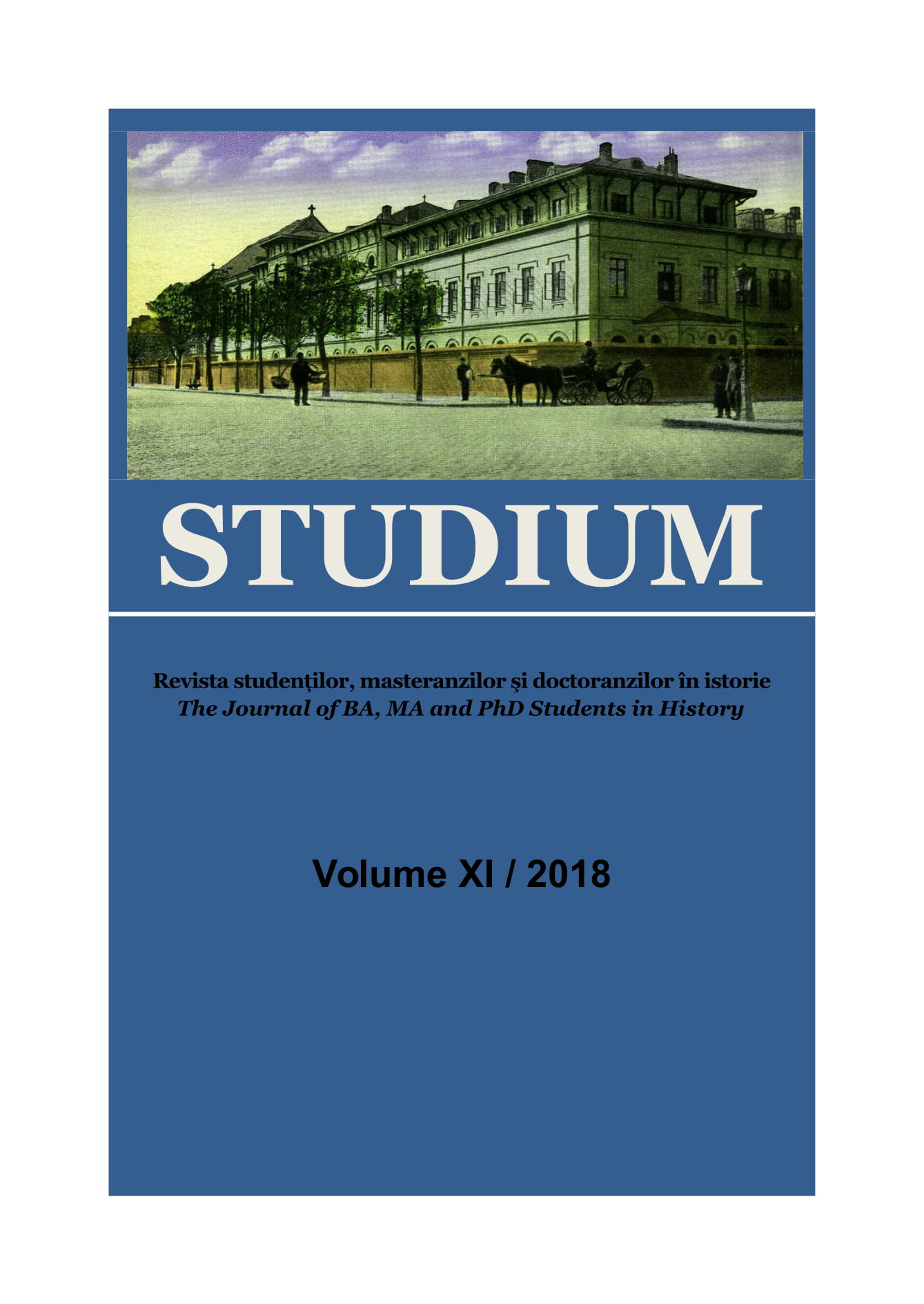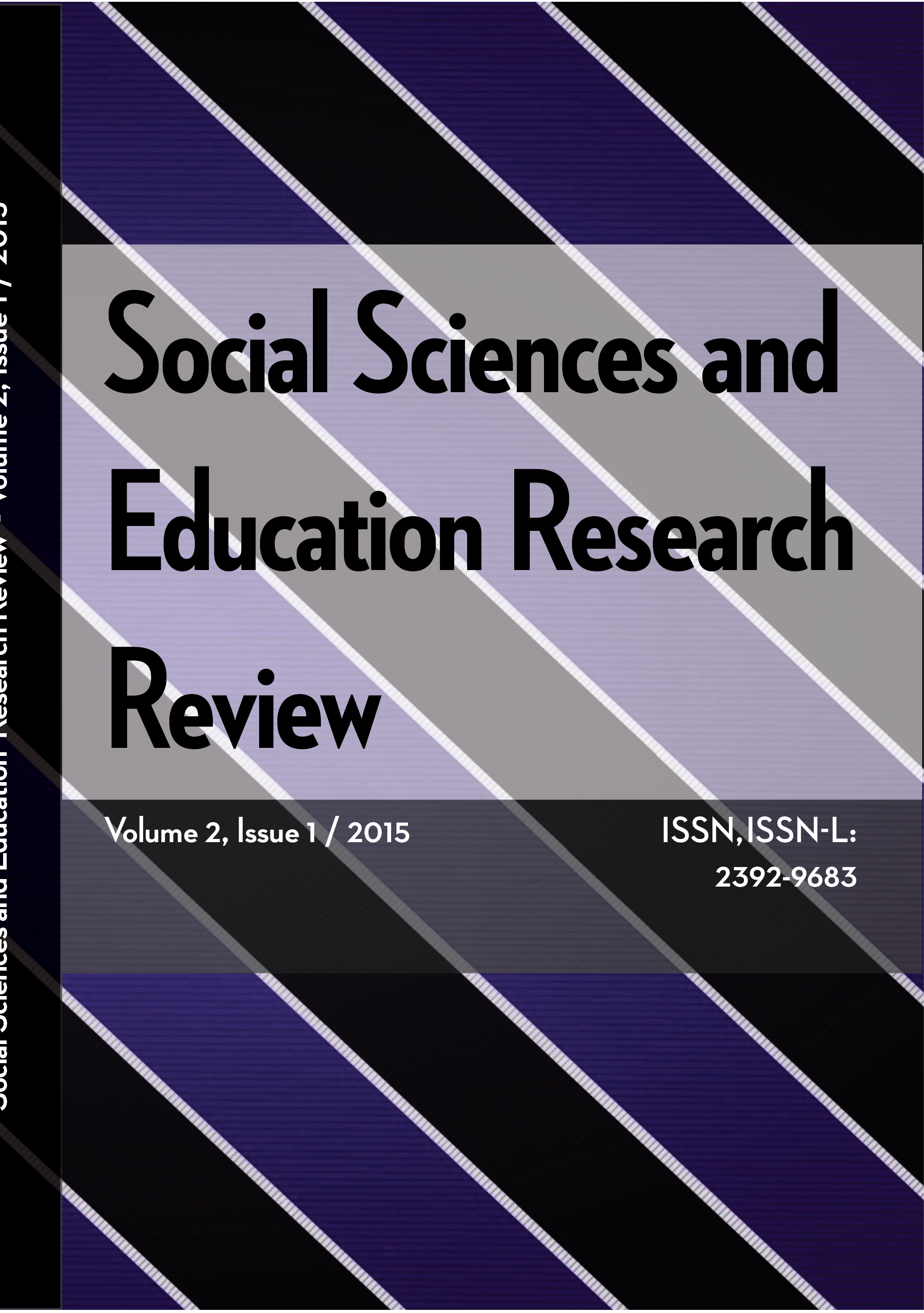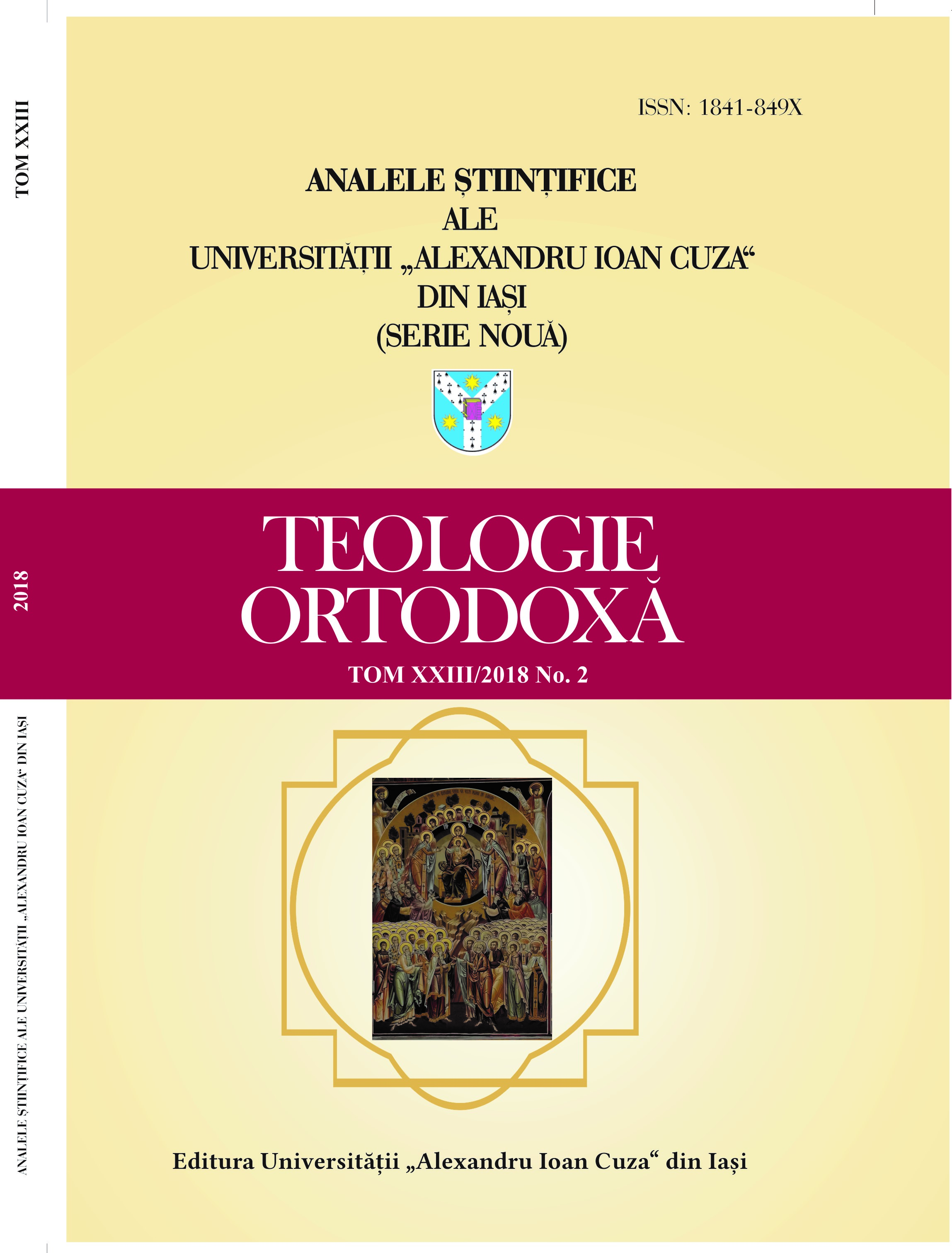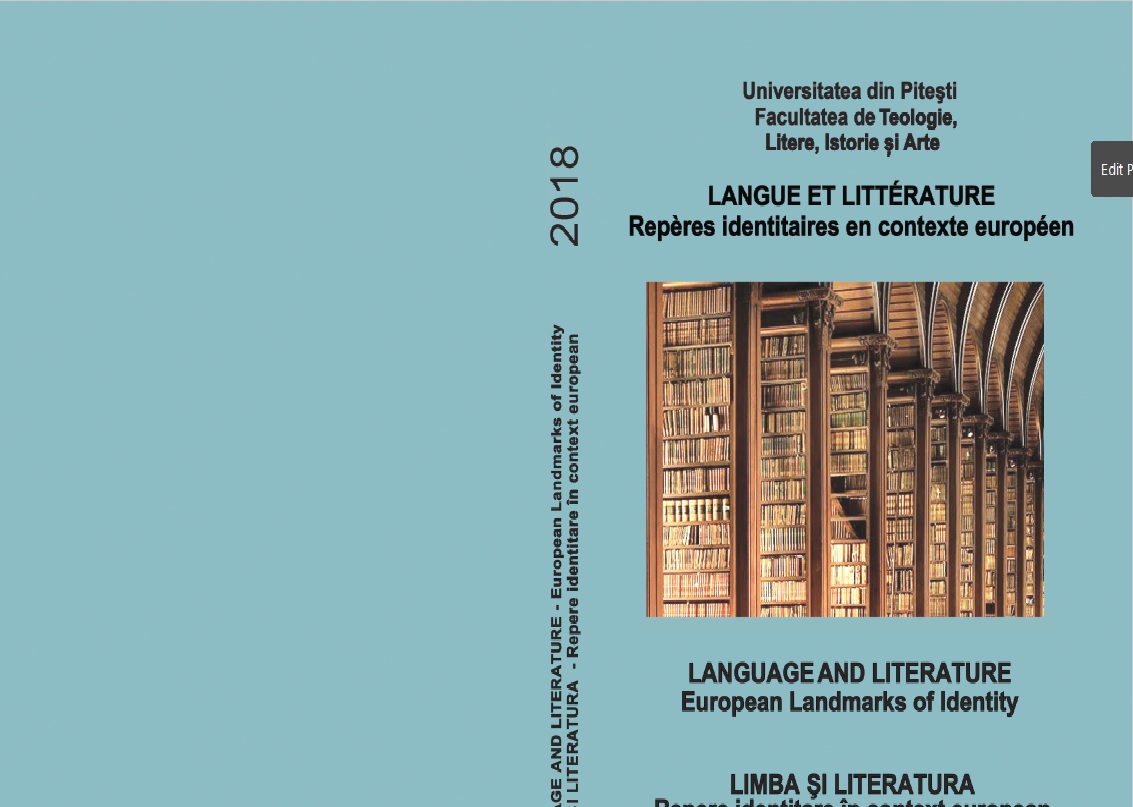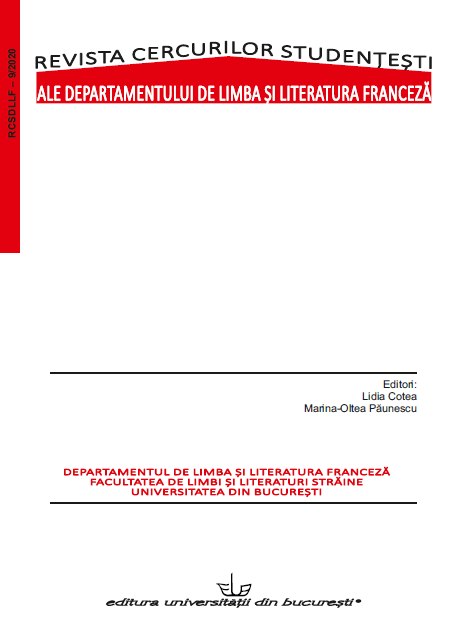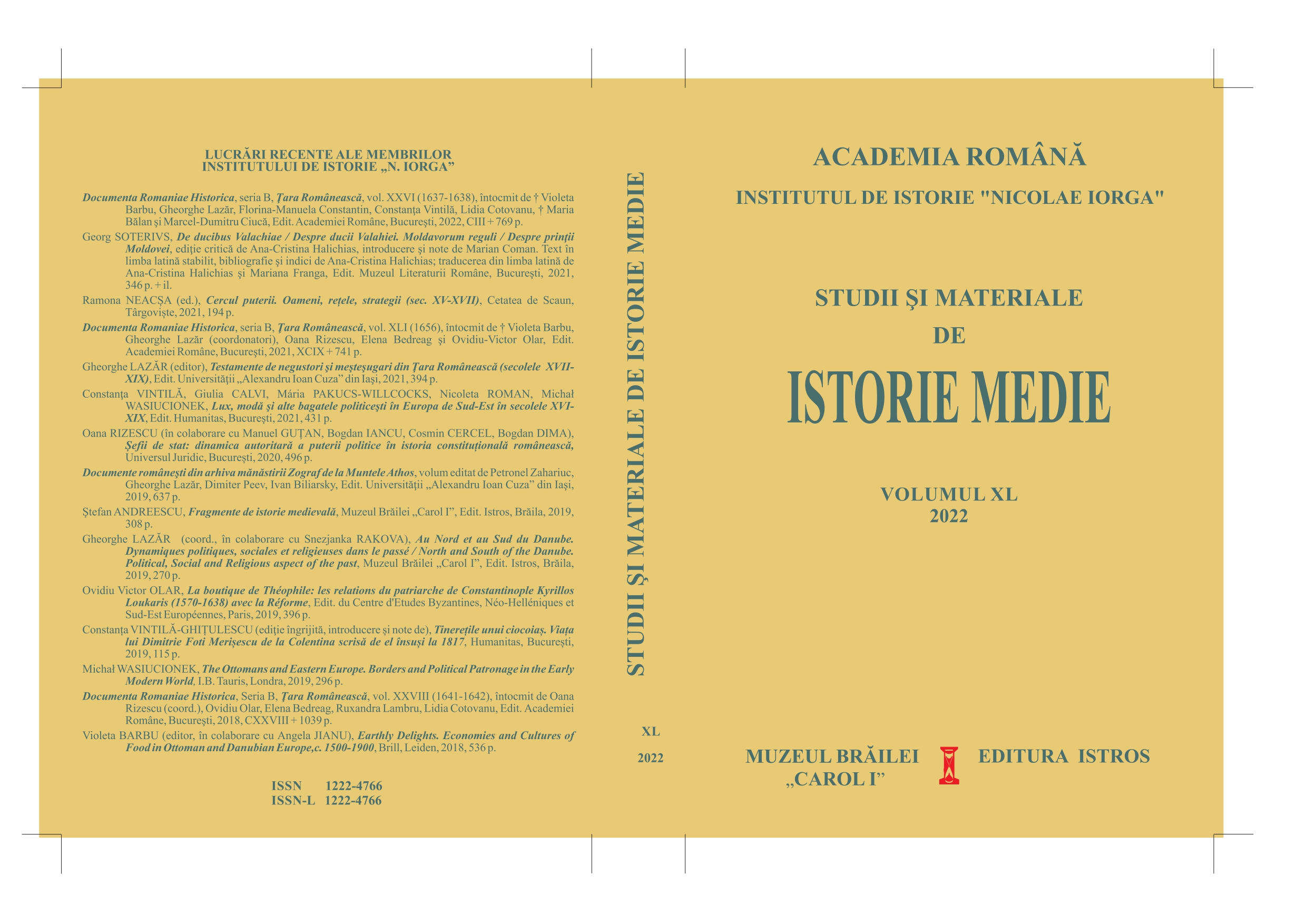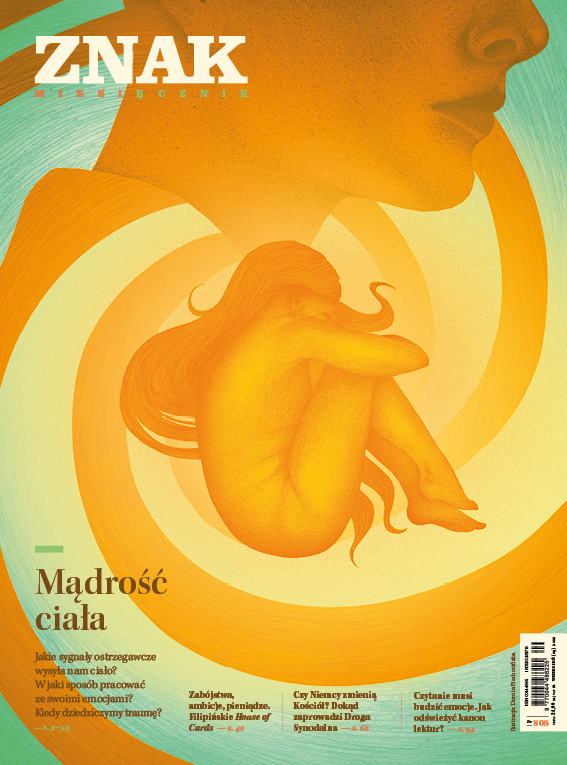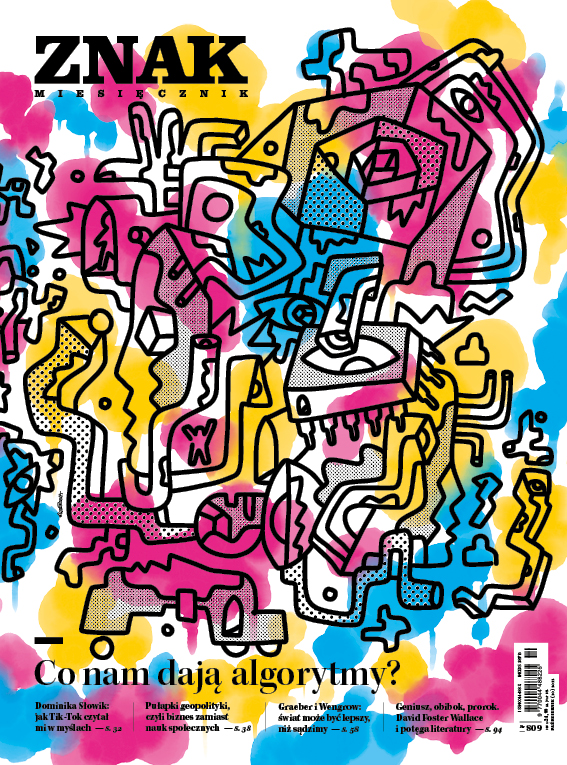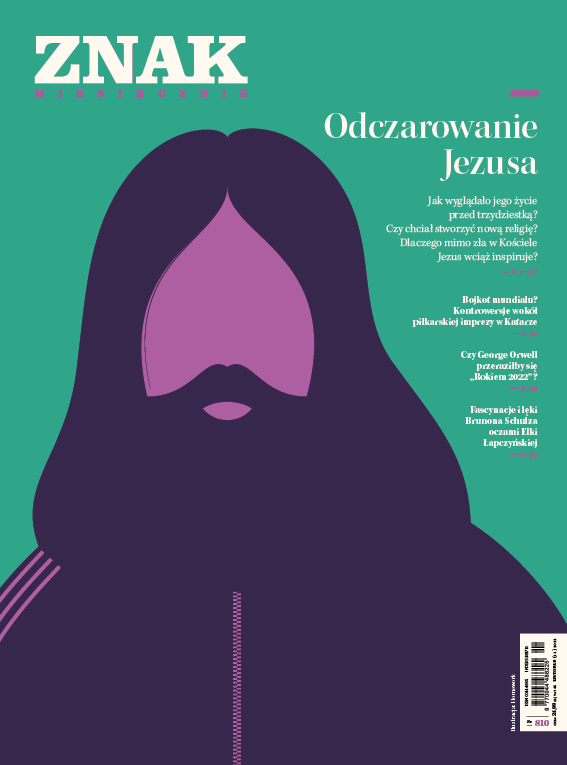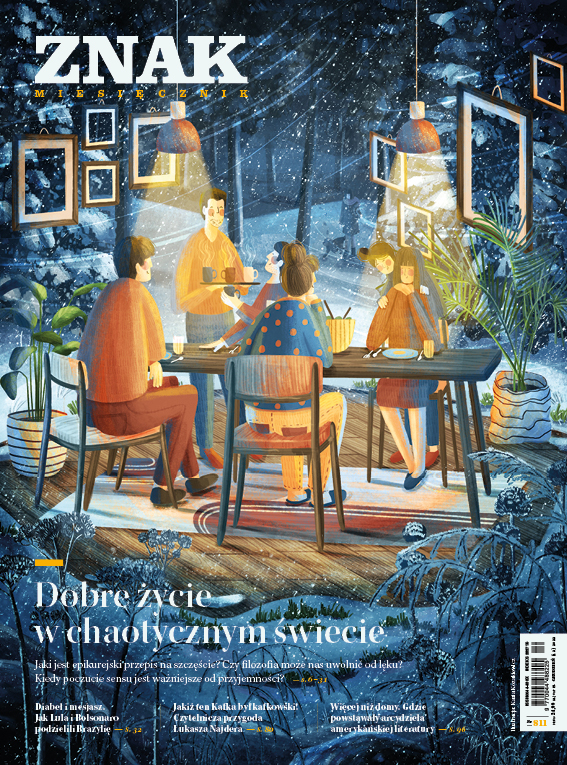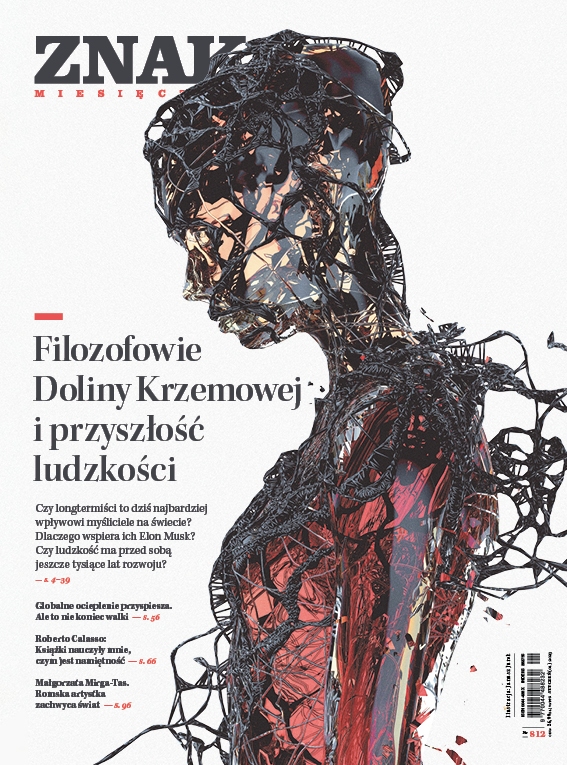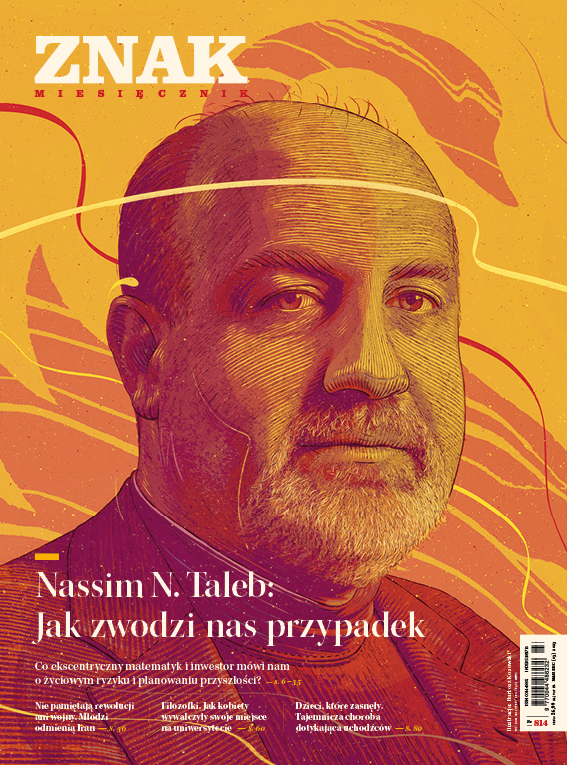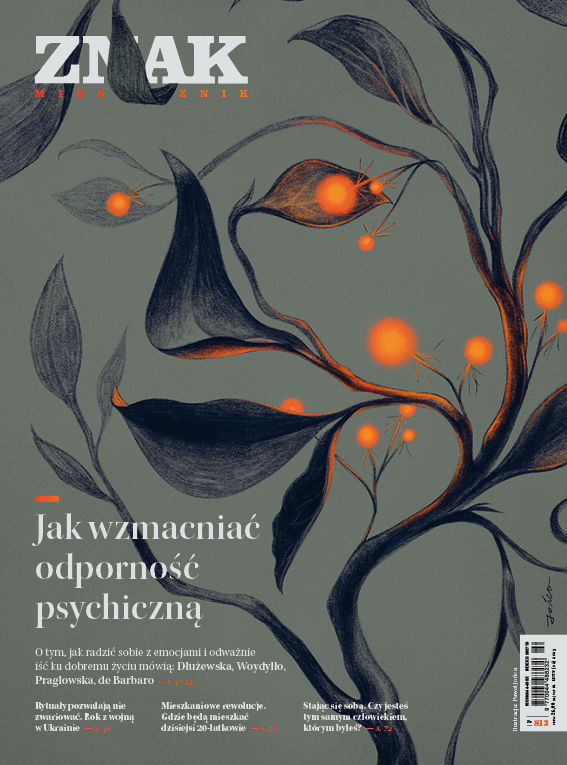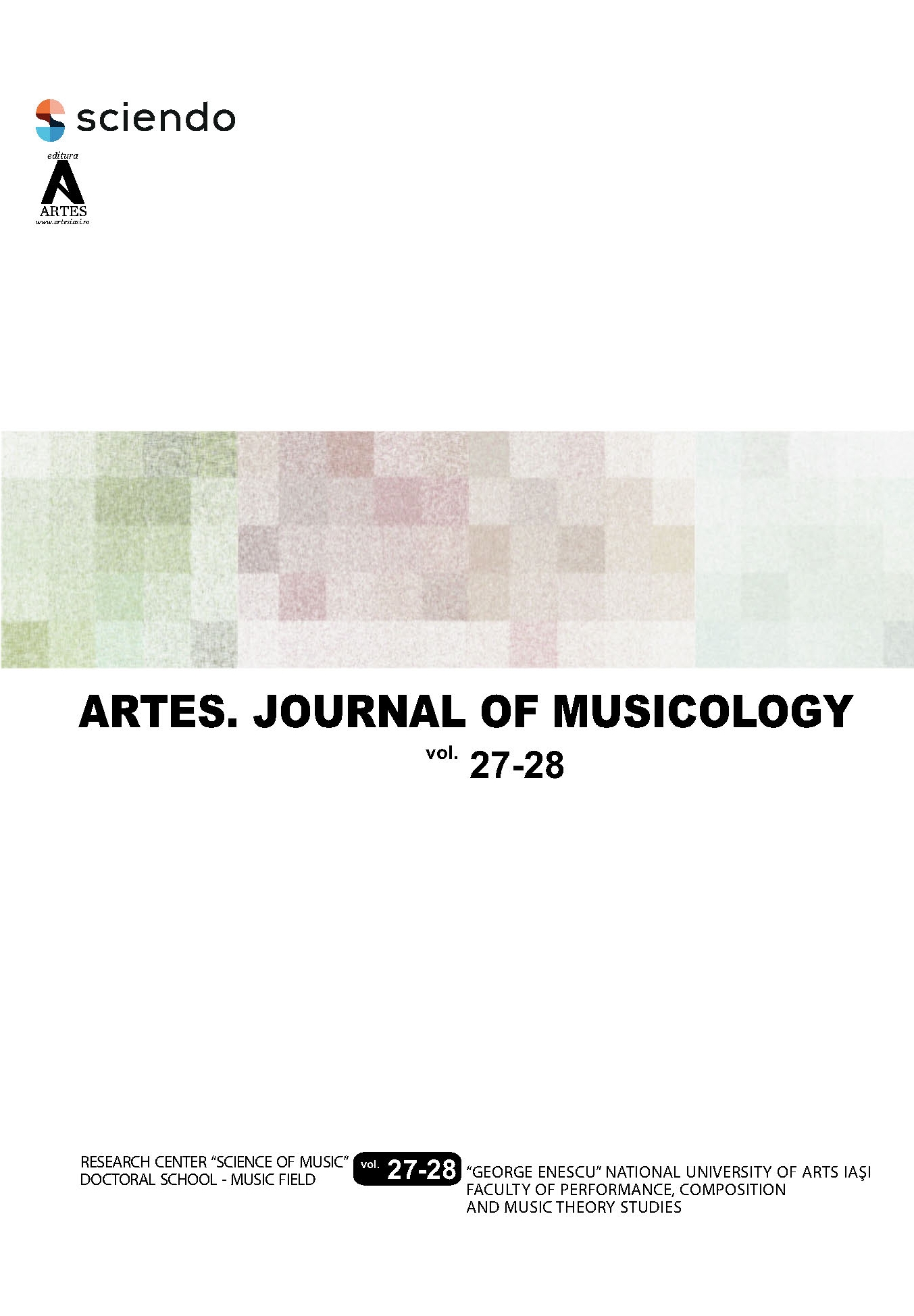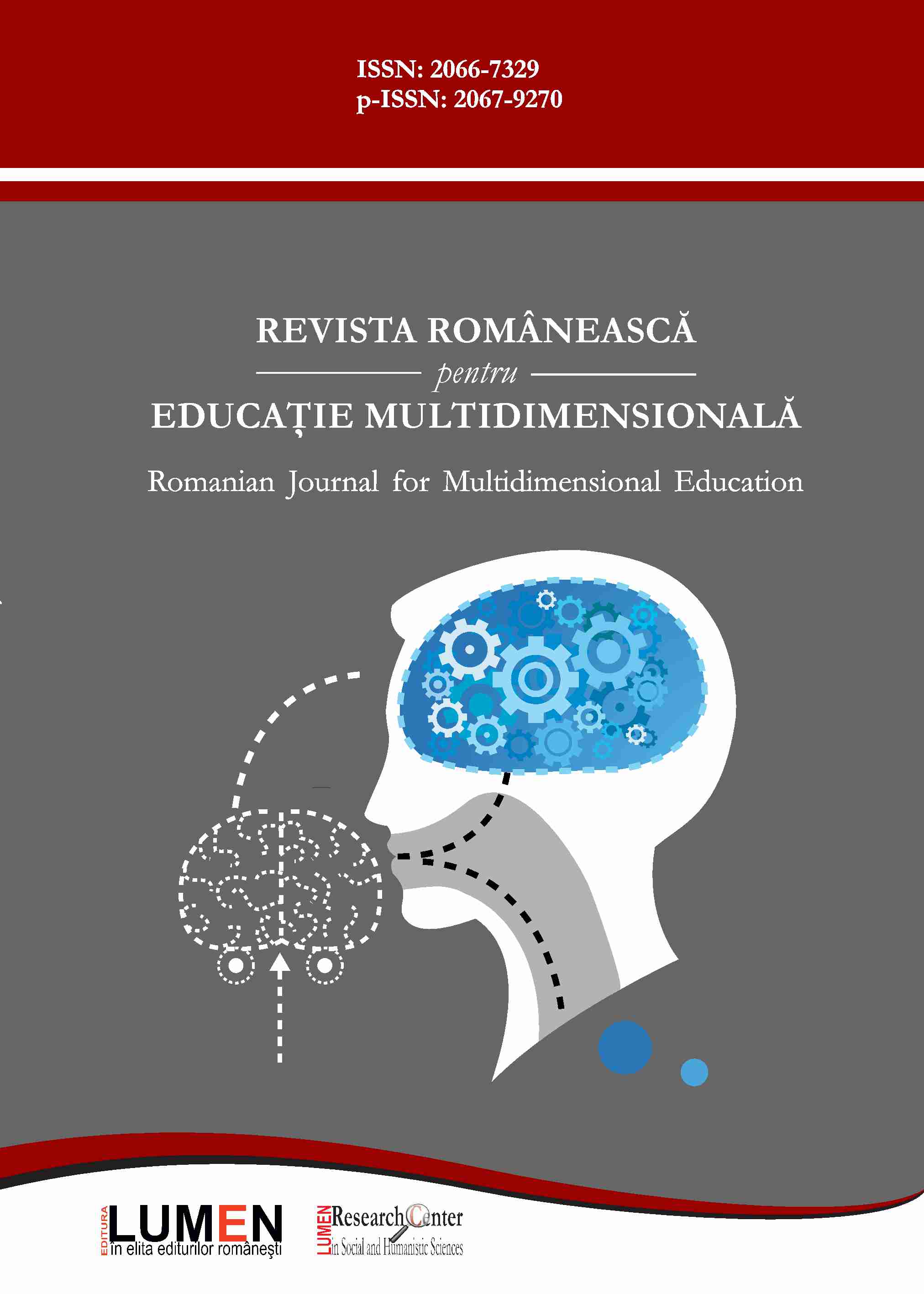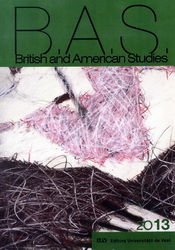
ASSESSMENT IN TRANSLATOR TRAINING: FROM LINGUISTIC TO PROFESSIONAL CRITERIA
ASSESSMENT IN TRANSLATOR TRAINING: FROM LINGUISTIC TO PROFESSIONAL CRITERIA
Keywords: professional translator training; translation competence; translation error; translation evaluation;
Starting from the assumption that the process of translation evaluation should be performed in a manner that helps the future translators rationalize their decision-making processes in an objective way, this paper discusses the process of evaluation in the field of professional translator training from the perspective of the translation error, on the one hand, and of the translation competence, on the other. The main purpose of the paper is to suggest an assessment scheme that is closely related to the competences that the various translator training programmes are meant to develop or to create.
More...
